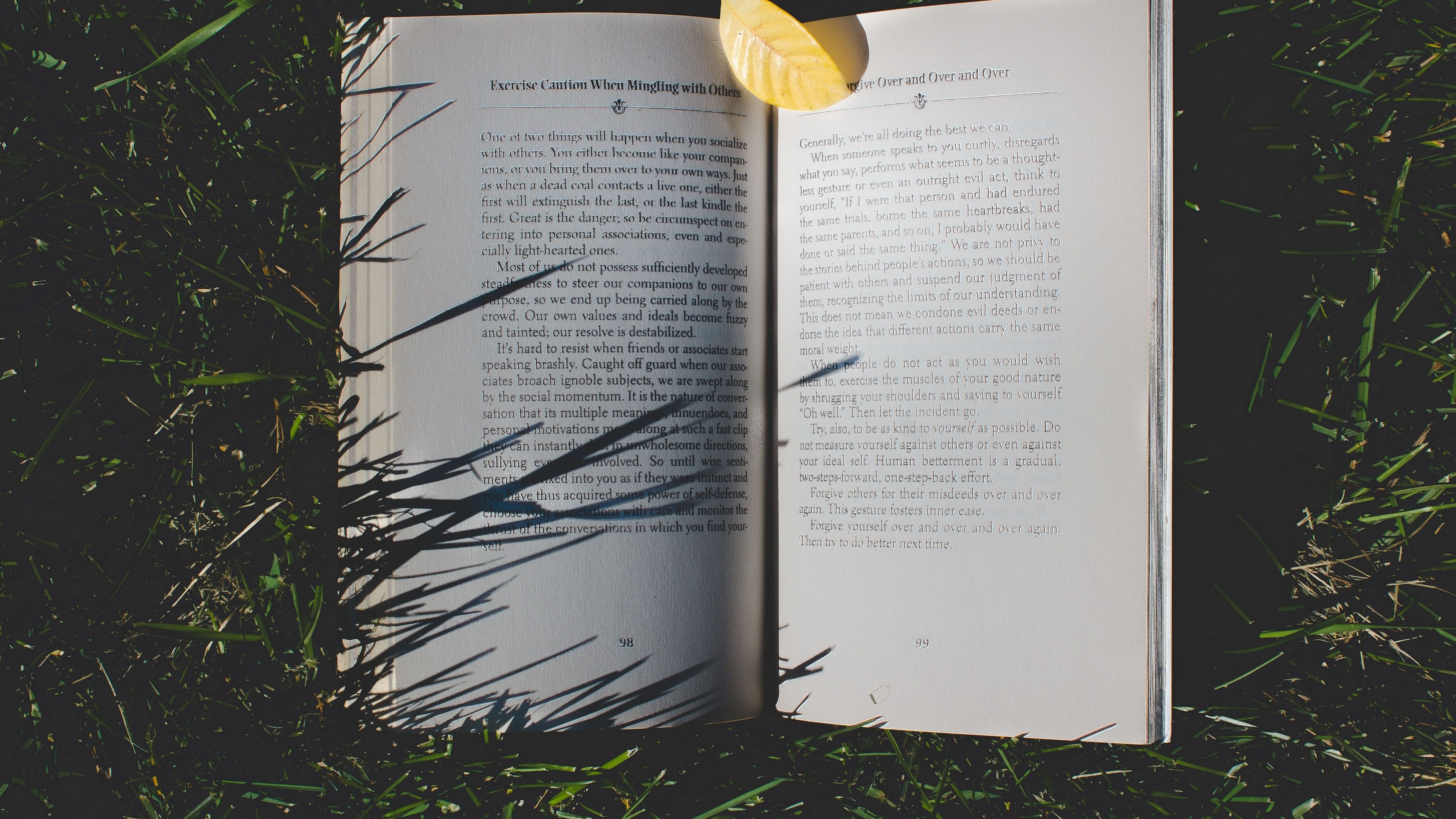
‘Tis the season to be literary — with so many Festivals of Books going on all over the country. But I am suddenly looking at the crowds that throng these galas with a gendered eye: Aren’t there far more women than men who are actually buying books, in those long book-signing queues? Who will go home and eventually read all that they bought at these star-studded book events?
Boys, girls, and books
There’s this incident I read about a man who gave his nephew a book for his birthday. The six-year-old boy spent hours trying to find out where to fit in the batteries…
Would a girl have done the same, I wondered. So I employed a world-famous research agency to do extensive studies around the world and give me scholarly findings to: ‘Are there gender differences in reading — do girls read more than boys?’ The research agency (Google) gave me a profound and immediate answer: ‘Yes’. It all starts with basic genetic traits in early childhood, say experts. Girls can sit still for longer periods than boys, holding an open book. Boys are likely to make a triangular tunnel of an open book, and run a toy car through it. Girls read for the plot, boys skip pages knowing they will all live happily ever after anyway. Girls develop relationship skills faster; reading aids their self-awareness and maturity. Boys are more subjective to peer pressure; reading is considered nerdy and uncool. Goodreads co-founder Elizabeth Chandler observed definite gender differences in the choice of genres too. Female readers are more empathetic, preferring fiction with characters and emotions. Males like reading real-life adventures, biographies, and self-help best-sellers. This biased approach to book choices often arises from the author being a he or a she. I recall in my children’s pre-teen years, my daughter read every single Nancy Drew mystery (by Carolyn Keene); my son loved Hardy Boys (by Franklin Dixon). The fact is a clever publisher Edward Stratemeyer invented these two names for the same ghostwriters writing both series; knowing authors’ genders mattered, even to kids! But a lady called Joanne was even more clever, writing as a genderless JK Rowling. And her phenomenal Harry Potter series got more boys (besides girls) reading books like never before — and single-handedly changed reading habits among children, the world over.
There are more such asexual pseudonyms. Harper Lee who gave us To Kill A Mocking Bird dropped her first name Nelle so that Harper may be taken for male or female. EL James was a neutral guess too, when Fifty Shades of Grey hit bookstores. Much later, as thrilled readers of ‘mommy porn’ discovered, ‘James’ was actually a housewife called Erica Leonard, much like themselves. However, men and women addicts of whodunnit generally don’t care whowroteit! Yet a famous lady pondered for weeks between two masculine nom de plumes for herself: Martin West? Mostyn Grey? Then settled for her own rather aunty-like name: Agatha Christie. While bookstores haven’t yet set up pink shelves and blue shelves to direct different genders to their preferred reading choices, a bookshop-owner friend I spoke to said women definitely gravitate towards romance, fiction, thrillers, and fantasy. Men head off to non-fiction, history, and corporate or sports biographies.
A novel experiment
I once read about a most interesting though unscientific experiment on books. Ian McEwan, the Booker Prize author (Amsterdam) walked around a popular London park with his son, and gave away 30 novels free. Nearly ALL takers were ladies — eager and thankful for book freebies. Men frowned with irritation and simply walked away. McEvan’s hunch that women loved books more, seemed to be proved. He even went on to say, “When women stop reading, the novel will be dead”. That’s scared me enough to start reading at once from that haul of books I got home recently, from the Bangalore Literature Festival.
(This is a monthly column on gender issues — funny side up. Write to indubee8@yahoo.co.in)